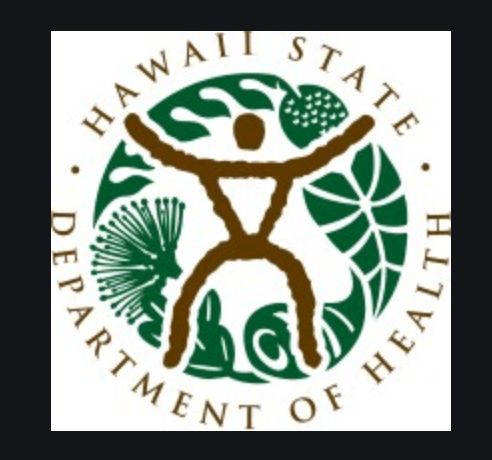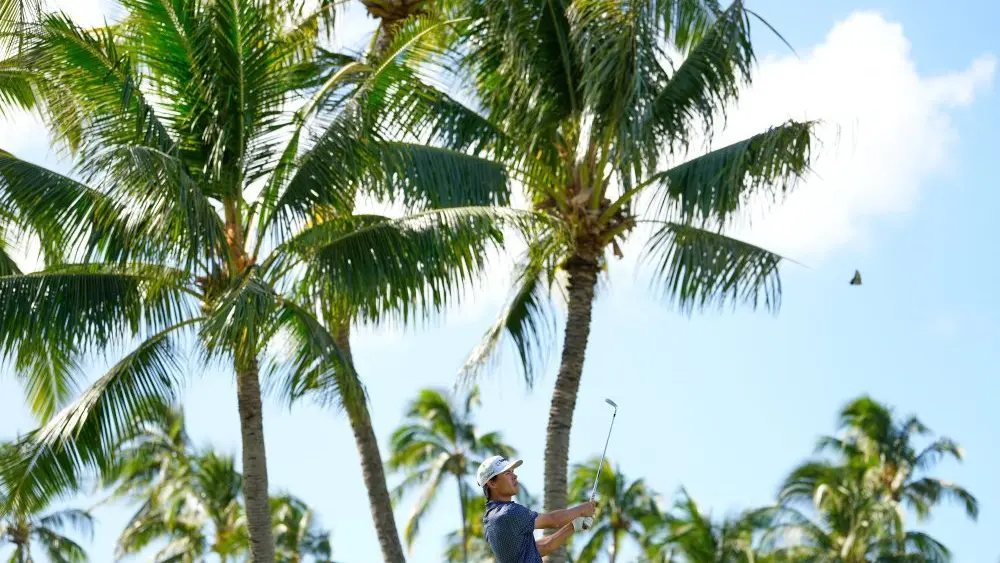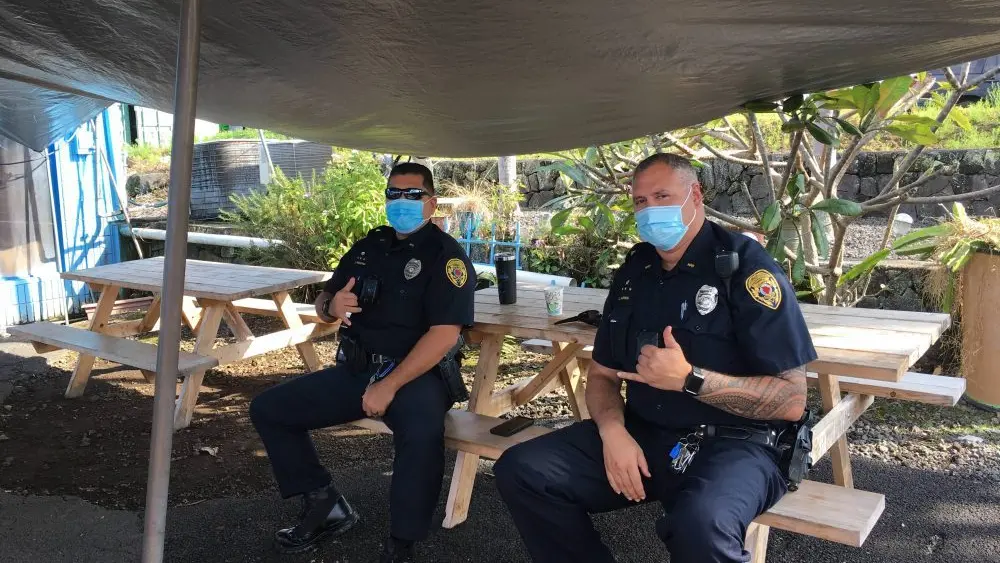A sharp rise in dengue around the world and in Hawaiʻi has prompted the Hawaiʻi Department of Health (DOH) to update dengue testing criteria to strengthen DOH’s ability to detect local transmission and deploy response measures rapidly.
So far in 2025, there have been seven confirmed dengue cases in Hawaiʻi, all travel-related, putting the state on track to surpass the 16 travel-related cases in 2024. In previous years, there were only about four cases annually. Several of this year’s dengue cases came from exposure during travel to other Pacific Islands currently experiencing outbreaks.
The increase in travel-related cases increases the risk of locally acquired infections possibly leading to an outbreak. In Hawaiʻi, there have been three local dengue outbreaks since 1946:
- On Maui, Oʻahu and Kauaʻi in 2001-2002;
- On Oʻahu in 2011;
- On Hawaiʻi Island in 2015-2016. This outbreak had 264 confirmed cases, 238 of them Hawaiʻi Island residents.
Dengue is transmitted from an infected person to a mosquito, and then to another person. Identifying cases as they arise and responding immediately with mosquito-control measures is essential to prevent the spread of dengue locally.
To that end, DOH has issued a medical advisory to healthcare providers, urging them to test for dengue in all persons with highly clinically compatible illness, and to consider the possibility of locally acquired dengue, regardless of travel history. Also, providers are urged to report suspected dengue cases to the DOH Disease Investigation Branch immediately.





